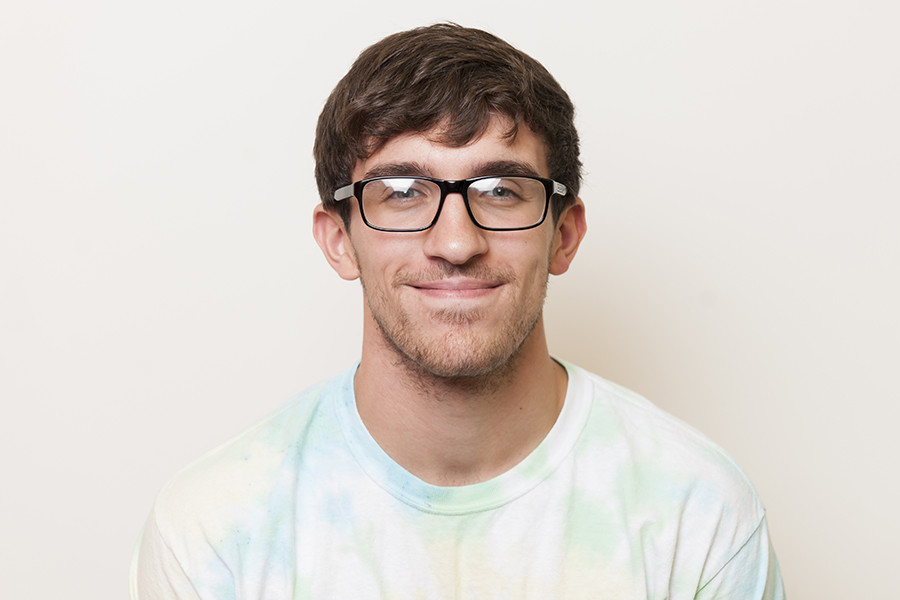The Sports Kid Column: Valar March-ghulis, All Brackets Must Die
March 25, 2016
Ah, March Madness — a gambler’s hell, a TV producer’s cash cow and a casual basketball fan’s Christmas. It may be getting increasingly obvious that the NBA is a far superior game for the basketball aficionado, but that doesn’t change the fact that millions of people tune in to the games, and tens of millions of people hopelessly fill out brackets in the diminutive chance that they may bat 1.000 and become legends.
If you’ve been following the tournament in the last five years, chances are you’ve noticed the slew of incredible upsets. And if you’ve been following the highlights on ESPN, I know you’ve been berated with constant highlights of things like Florida Gulf-Coast upending Georgetown in 2013 or Middle Tennessee State toppling Michigan State this year, and I know you’ve been fed the narrative that every year the tournament gets crazier and lower seeds keep winning. This year especially was supposed to have the most parity of any tournament in recent memory, yet we made it to the second weekend with all four #1 seeds and two #2 seeds. I’ll concede this much — there has been a definite uptick in #15 seeds winning over #2 seeds. But I assure you, since the beginning of time, there have always been upsets. The tournament didn’t get the name March Madness preemptively and then start to be insane. It’s always been insane, and it always will be.
So I went on a mission to prove it. To do so, I went back to 1985 — the first year the tournament expanded to 64 teams — and I added the cumulative sum of every seed to beat the 1-4 seeds. For example, take the four top seeds in 2015. Kentucky lost to Wisconsin, a #1 seed, giving me a 1. Wisconsin lost to #1 Duke, which gave me another 1. Villanova lost to #8 North Carolina State, giving me an 8. Duke didn’t lose, which gave me a 0. 1+1+8+0=10, giving me the cumulative number that the #1 seeds lost to in 2015. I did that for every team seeded 1-4 in the last 31 years to try and figure out if lower-ranked teams really were beating higher-ranked teams. With the exception of some outlier years, the results didn’t show much of a trend in either direction. If anything, during the 2000s there was a trend against the parity that we’ve come to know and love with the tournament.
Any time you put a team of 18-22 year-olds on the floor together who are apt to panic under pressure, cross-match teams from different conferences that have never seen each other and put them under the direction of questionable coaching, madness is going to ensue. There’s too many variables in a game not to. That hasn’t changed in the last 30 years, and the playing field — despite a few deep runs by VCU, Butler, George Mason and Wichita State — hasn’t gotten decisively more level. Where the real parity exists is among teams ranked 1-4. Over the last 31 years, there has been enough tumult among teams seeded in this range that there really is no safe way to predict what seed might win the tournament. And since 2009, with the exception of 2015, we’ve seen a trend of teams seeded 1-4 starting to level out.
With so much uncertainty, it’s easy to see how no one has yet picked a verifiably perfect bracket (not even that one kid who tells you he or she had a perfect bracket way back in 2009. Be skeptical of everything). It’s not a revolutionary idea to say that the tournament is full of surprises, but it is reassuring to know that it’s always been bedlam and it can’t really get any worse. All this, of course, doesn’t relieve the dread you probably feel after falling into the 17th percentile in ESPN’s Bracket Challenge this year. And, in all likelihood, it won’t do anything for your bracket next year except solidify one thing: all brackets must die, and they must die in horrifyingly awful, burn-in-flames, curse the sky manner. As the great philosopher Tupac once said, “That’s just the way it is.”Don’t rip your hair out this weekend when two top seeds inevitably go down in the stupidest way possible. Hold out hope!
The ideas expressed on this page are the opinions of the author and are not meant to be taken as an endorsement from WSN.
Email Bobby Wagner at [email protected].











































































































































